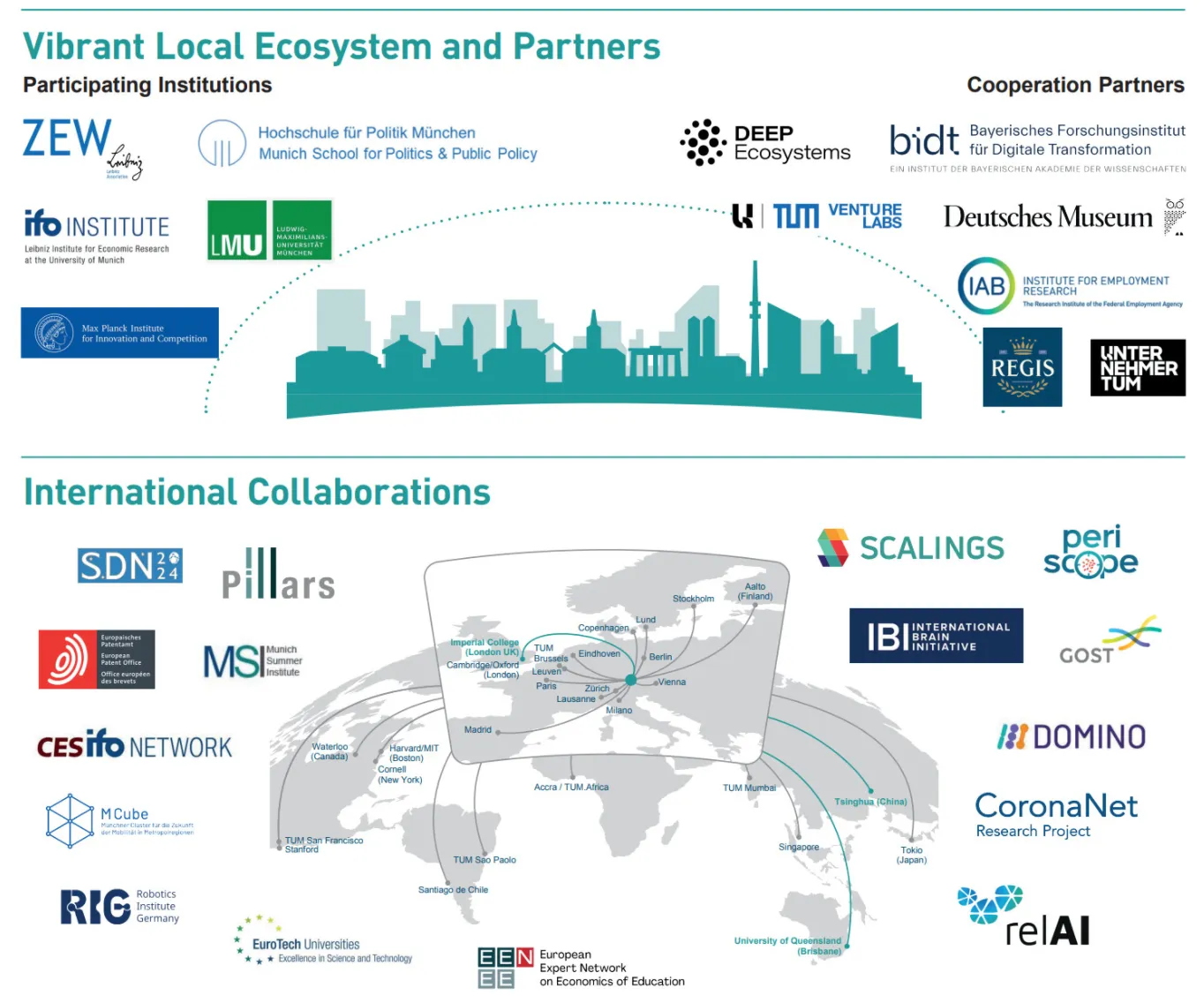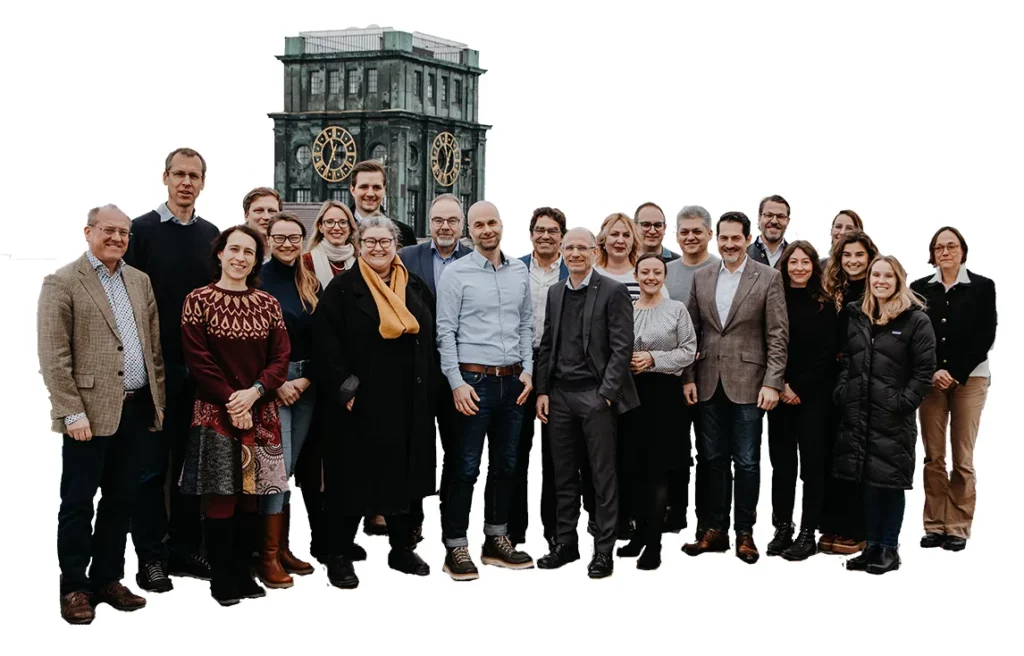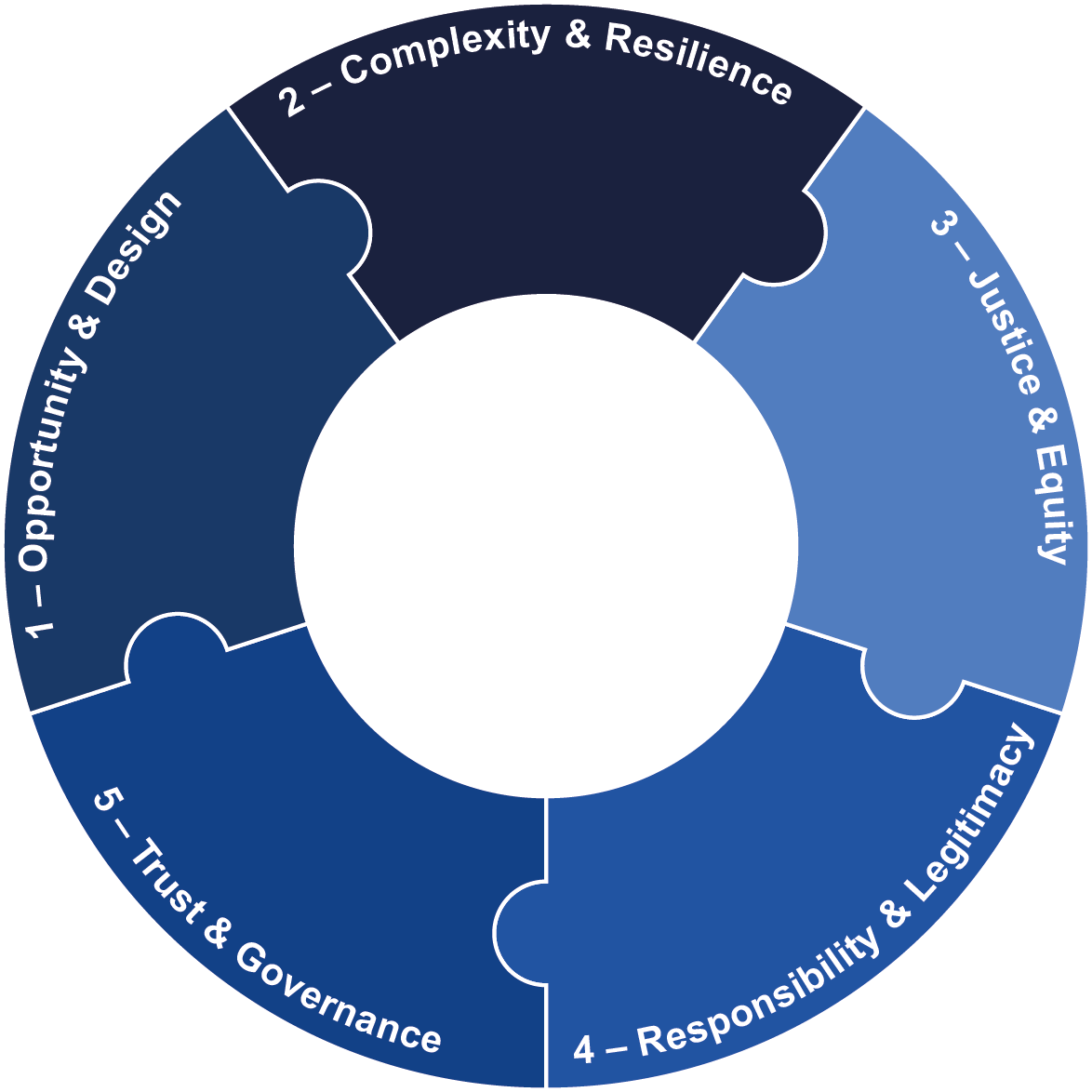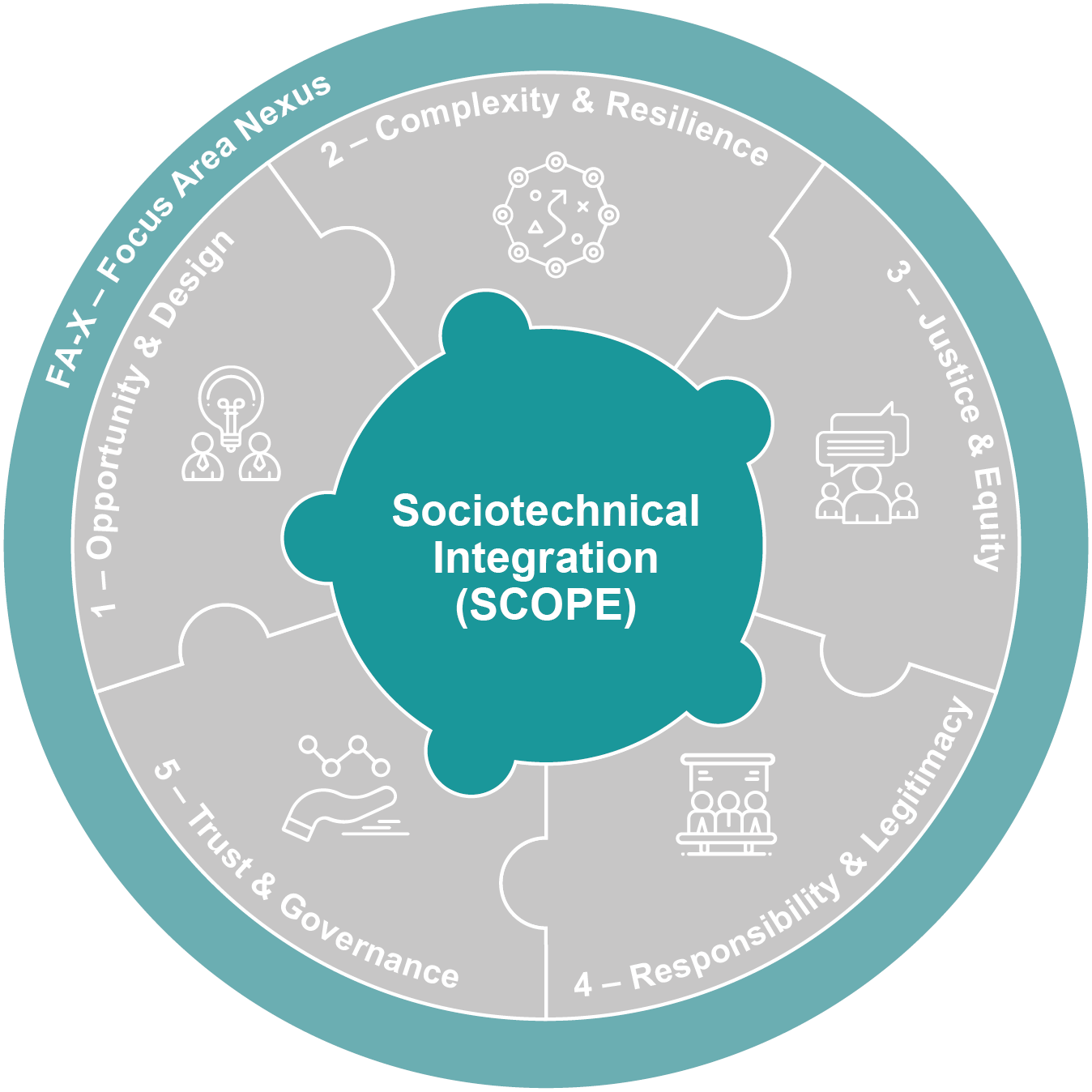TransforM – the Munich Center for Transformative Technologies and Societal Change is an Excellence Cluster funded by the German Research Foundation (DFG).
TransforM tackles the dual challenge of advancing fundamental social science for technologised societies and rethinking technology development through a social science lens head on. As an interdisciplinary social science cluster with a principal focus on technology, our goal is to augment current theories and methods to comprehensively understand and help shape transformative technology to better serve diverse societal needs. Better knowledge about why, when, and how technologies become socially transformative will enhance our ability to assess and inform transformation pathways ‘all the way through’ – from the early stages of their emergence to their wider socio-economic impact.
7 years | 10+ partner institutions | 30 principal investigators & co-principal investigators | 10+ disciplines
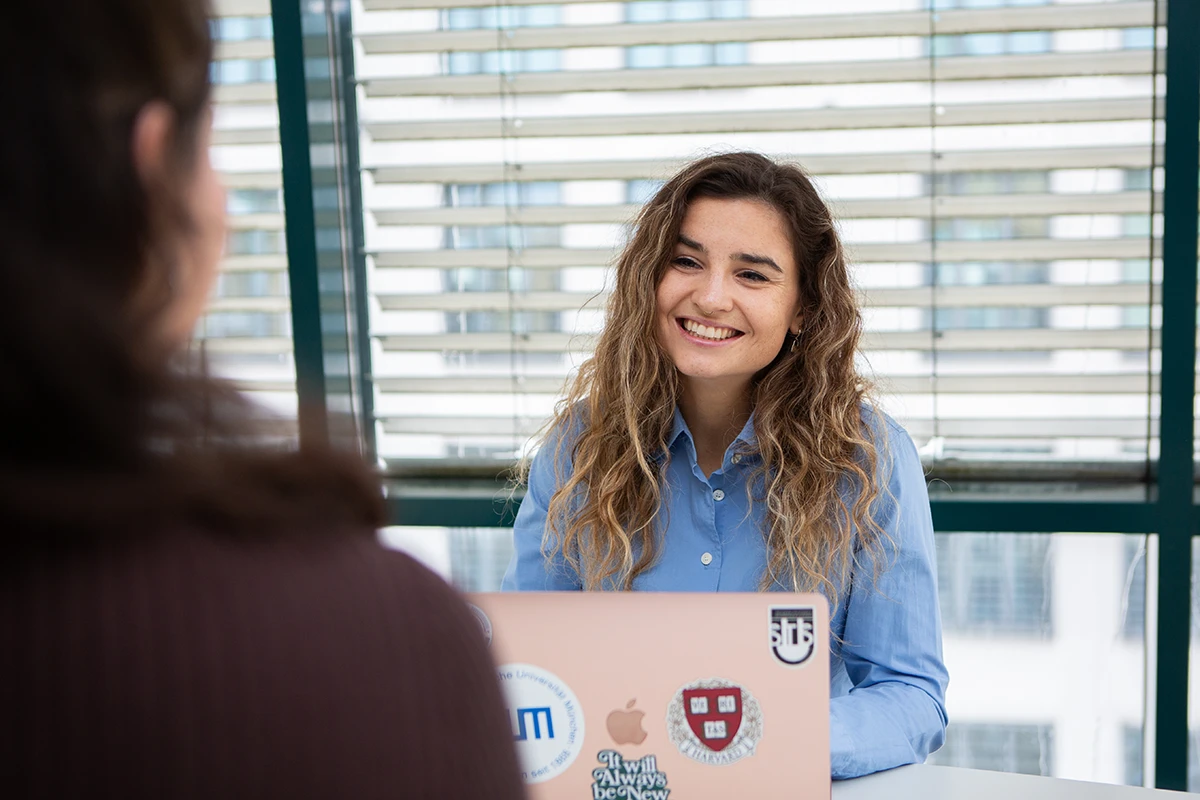
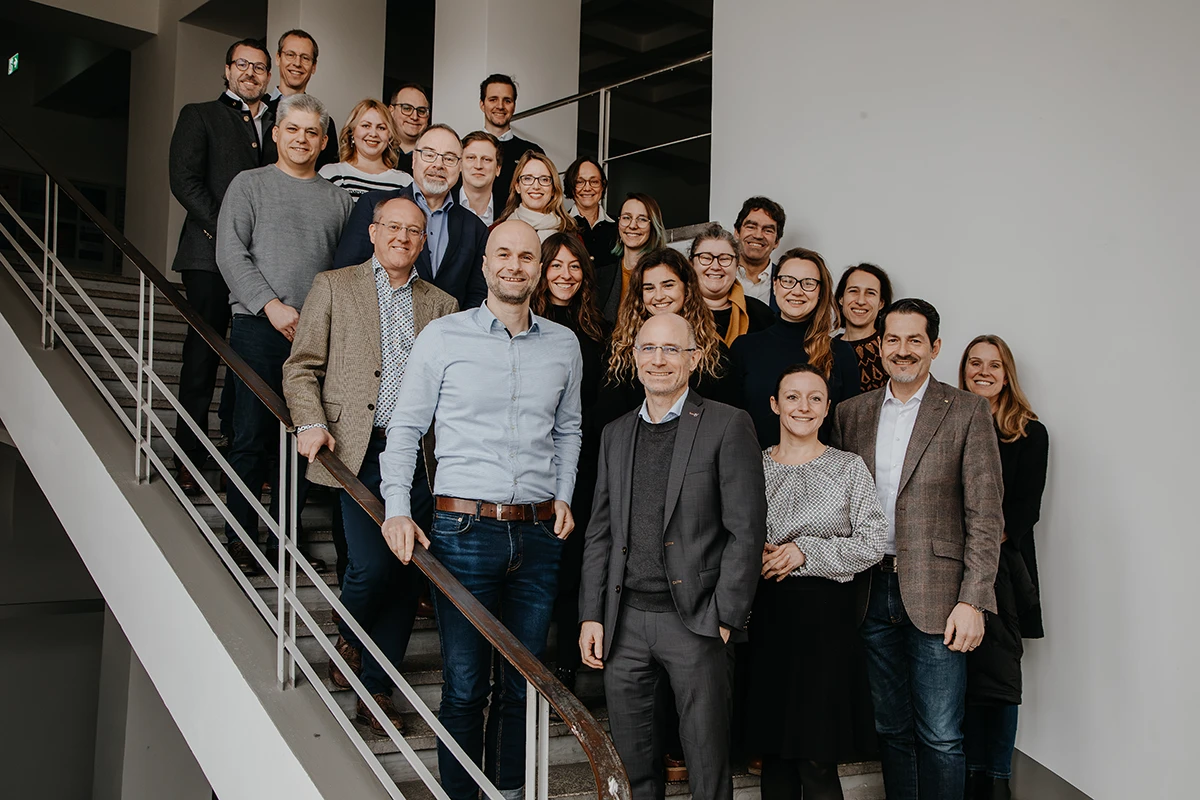
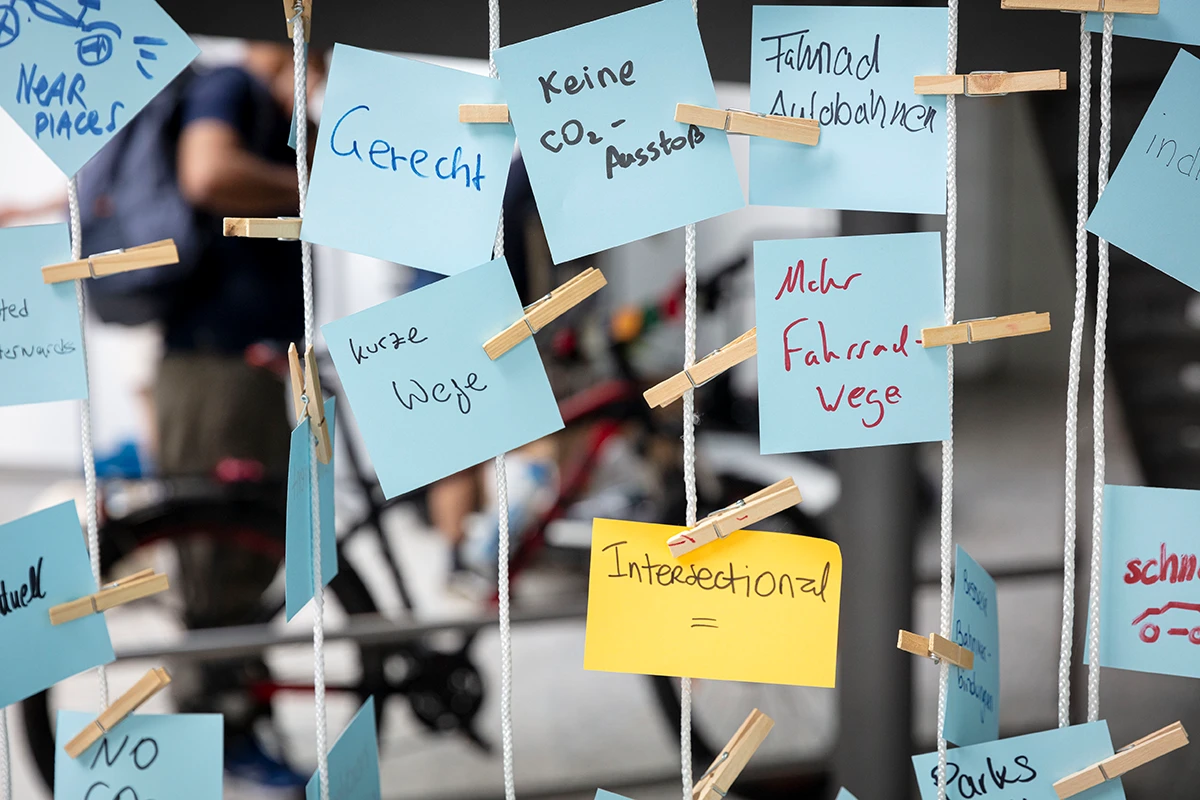
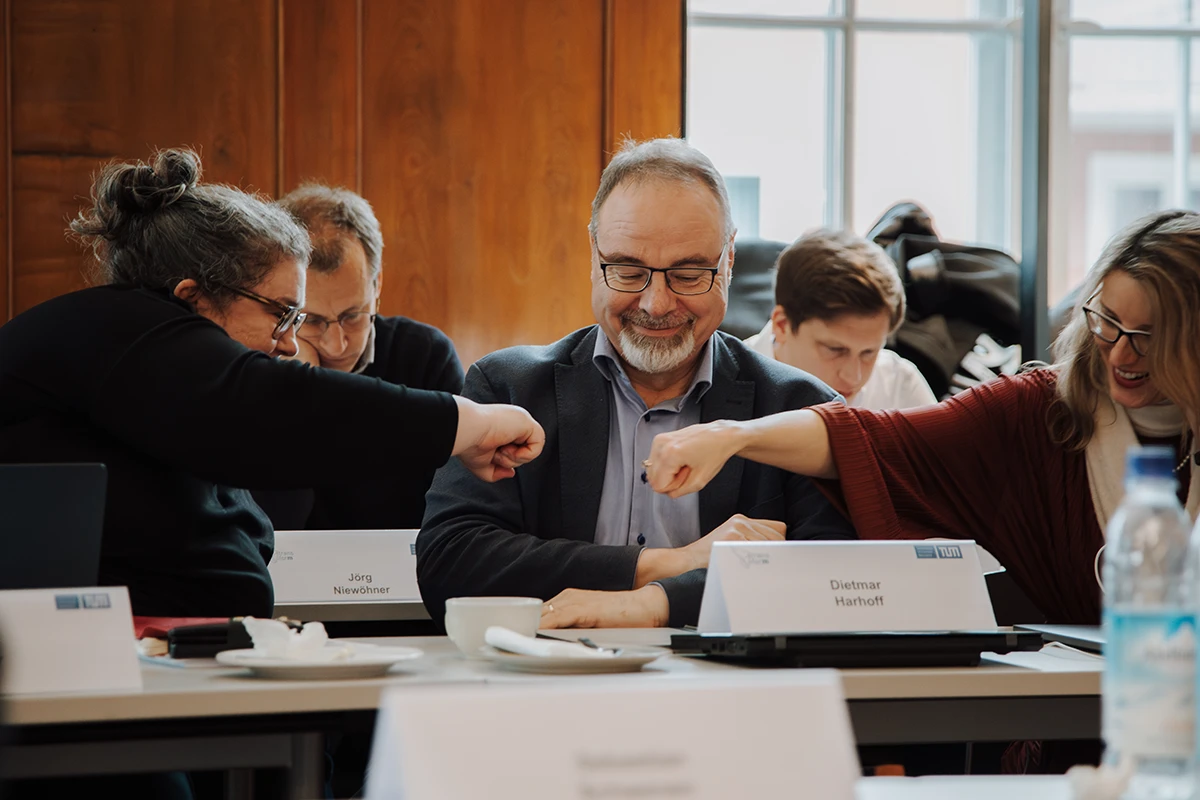

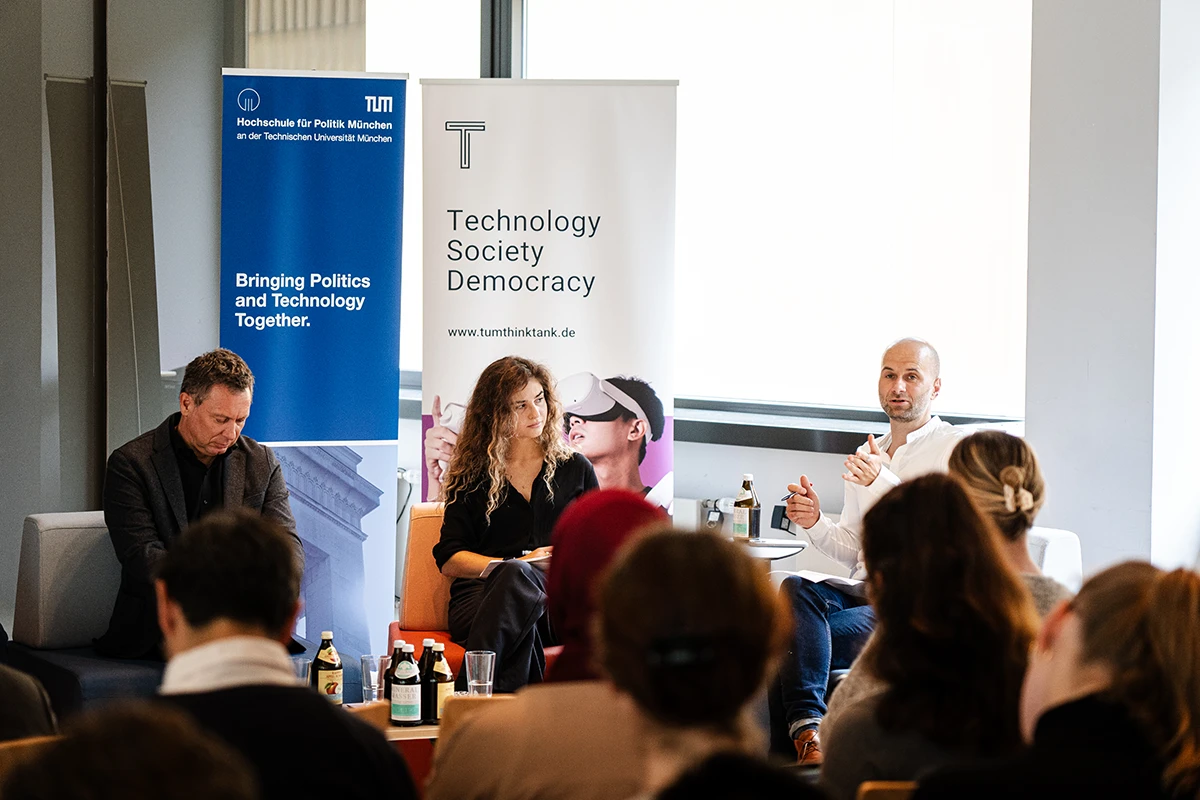
Governance Structure
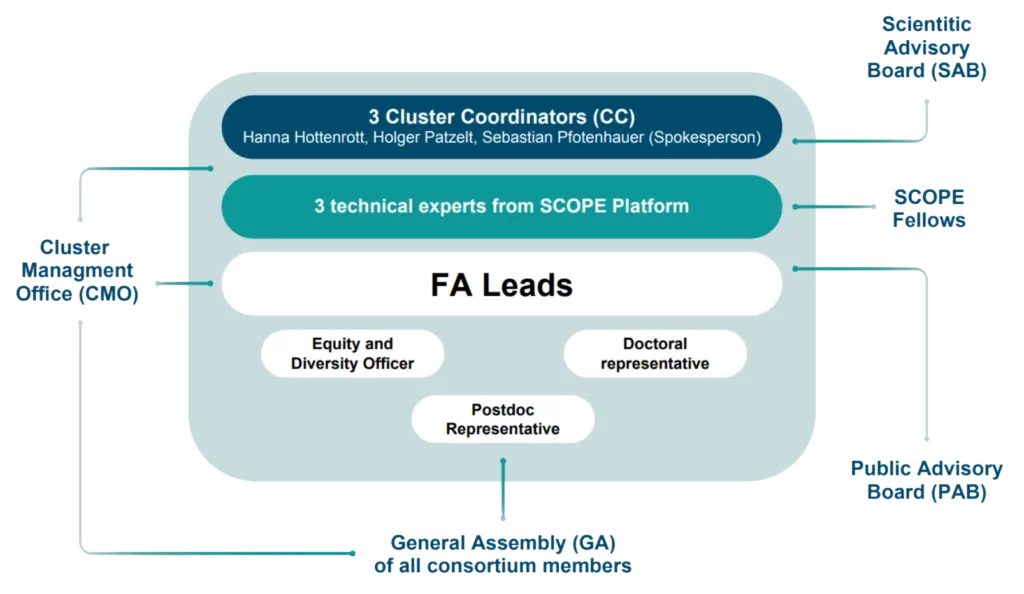
TransforM Ecosystem
Munich offers a uniquely advantageous environment for TransforM. Anchored by two of Germany’s leading research universities—TUM and LMU (both core partners in TransforM)—the cluster brings together an unrivaled critical mass and diversity of social science expertise focused specifically on technology. This university excellence is complemented by an exceptional concentration of non-university research institutions, including Max Planck, Fraunhofer, Leibniz, and Helmholtz institutes, many of which engage directly with technological development and are actively involved in the cluster.
TransforM leverages this distinctive social science footprint within one of Europe’s most dynamic innovation ecosystems, where cutting-edge academic research is deeply integrated with a globally competitive high-tech industry. The Munich region hosts the headquarters and major R&D hubs of global players such as BMW, Siemens, Airbus, Infineon, Google, SAP, OpenAI, and Allianz. Many of these companies maintain strong institutional partnerships with TUM, exemplified by the “Industry-on-Campus” strategy in Garching.
The environment further benefits from Europe’s largest entrepreneurship center and incubator, UnternehmerTUM, alongside the TUM Venture Labs and key regional and national initiatives such as the BMBF Future Cluster MCube, Munich Quantum Valley, and the Hightech Agenda Bayern. This ecosystem provides TransforM with direct access to real-world innovation processes—particularly in fields such as AI, quantum computing, medicine and health, mobility, and autonomous systems.
